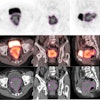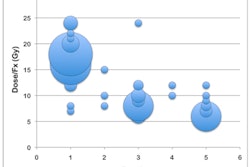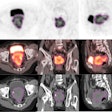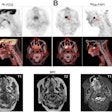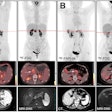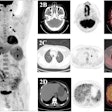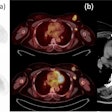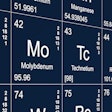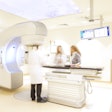Patients who have undergone surgery to resect stage III non-small cell lung cancer (NSCLC) with N2 lymph node involvement may not need postoperative radiation therapy (PORT) if they are older than 65, as the treatment doesn't help survival, according to an article published online February 13 in Cancer.
The use of postoperative radiotherapy in older patients for whom surgical resection was successful is controversial because the treatment can negatively affect survival. A research team led by Dr. Juan Wisnivesky, PhD, a pulmonologist and clinical epidemiologist at Mount Sinai School of Medicine, conducted a study to compare survival outcomes between patients who received radiotherapy and those who did not.
Using the Surveillance, Epidemiology, and End Results (SEER) registry, the researchers identified 1,307 Medicare patients who had stage III NSCLC with N2 lymph node involvement and were diagnosed between 1992 and 2005. Fifty-four percent, or 710 patients, had undergone radiotherapy treatment following surgery.
Thirty percent of the patients were 75 years of age and older, 34% were 71 to 74 years, and 36% were 65 to 70 years. The majority of patients in each group (64% of patients who had radiotherapy and 77% of those who did not) did not have any adjuvant chemotherapy treatments.
Using a variety of analyses, the research team was unable to identify any survival benefit for patients who underwent radiotherapy. As a result of their analysis, which is consistent with the conclusions of the PORT Meta-Analysis Trialists Group, they suggested that postoperative radiation therapy for this type and age group of lung cancer patients should not be recommended until definitive data are available.
The researchers emphasized the importance of enrolling patients in the Lung Adjuvant Radiotherapy Trial (NCT00410683), which is being conducted in France. Headed by Dr. Cécile Le Péchoux, a radiation oncologist at Institut Gustave Roussy in Villejuif, the objective of this phase III clinical trial, which involves 17 cancer treatment centers, is to evaluate the outcomes of 700 patients with the same clinical characteristics as in the Wisnivesky study. All participating centers are currently enrolling patients 18 years of age and older.



